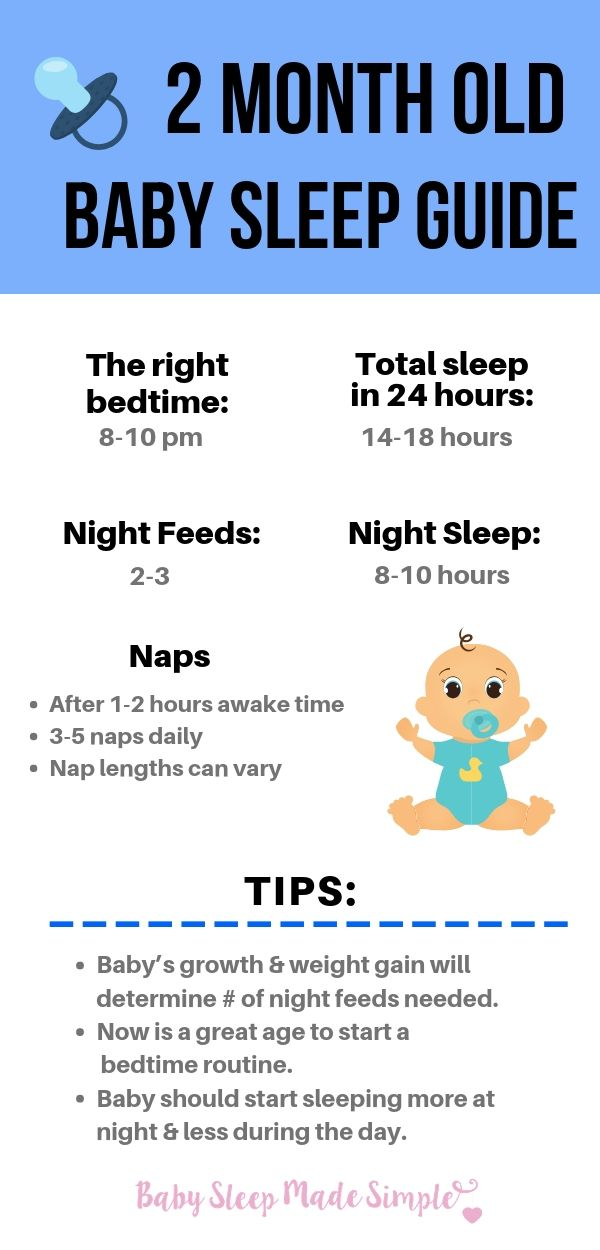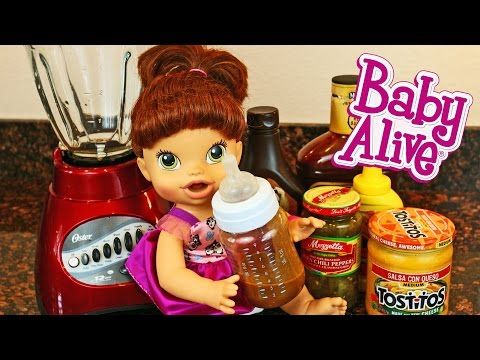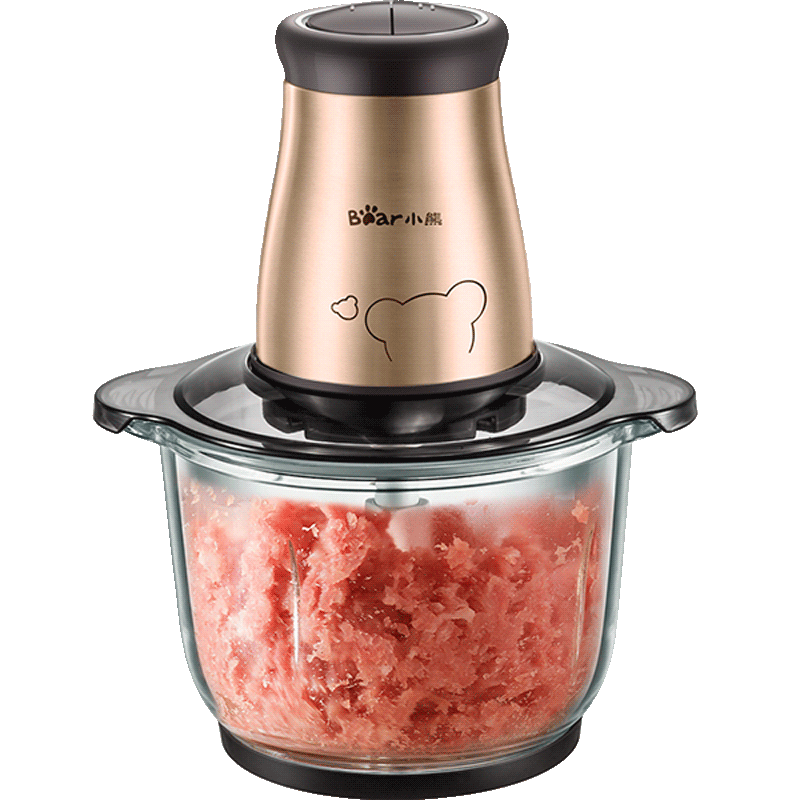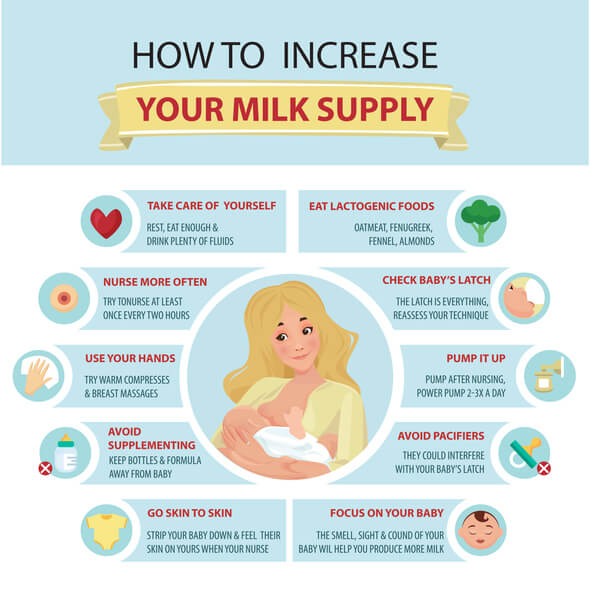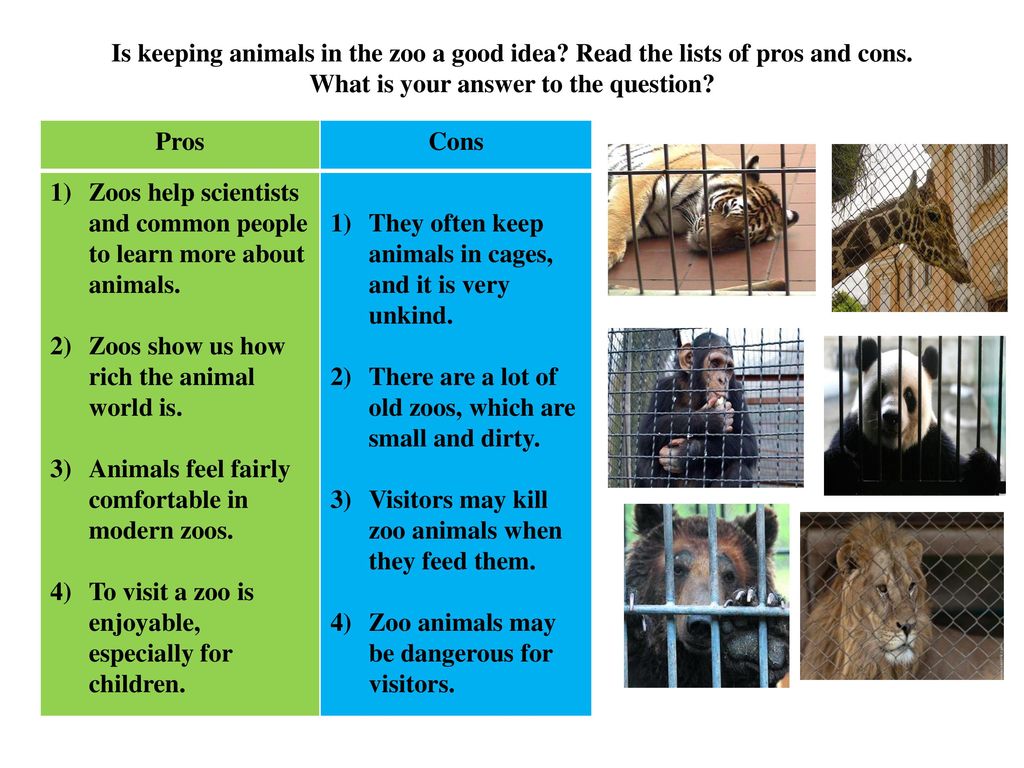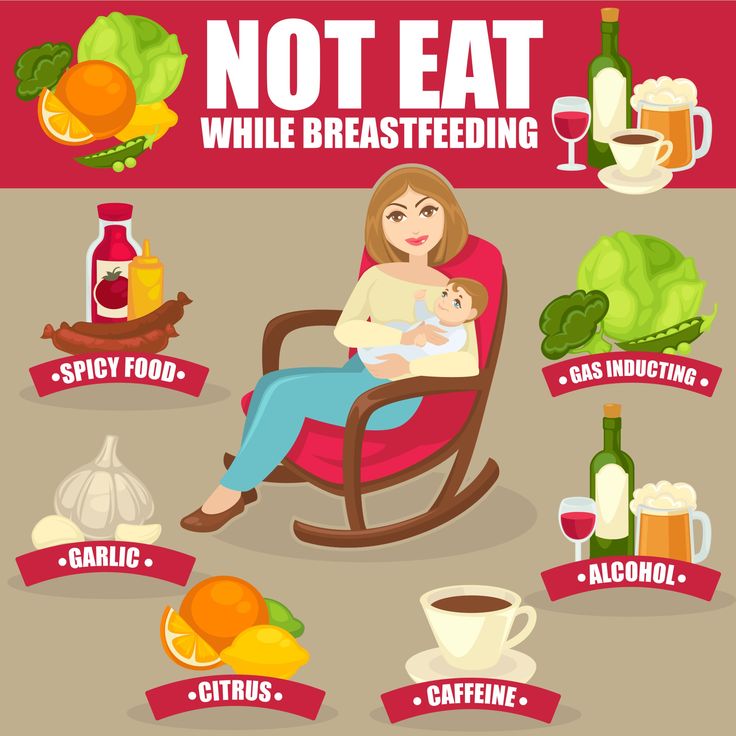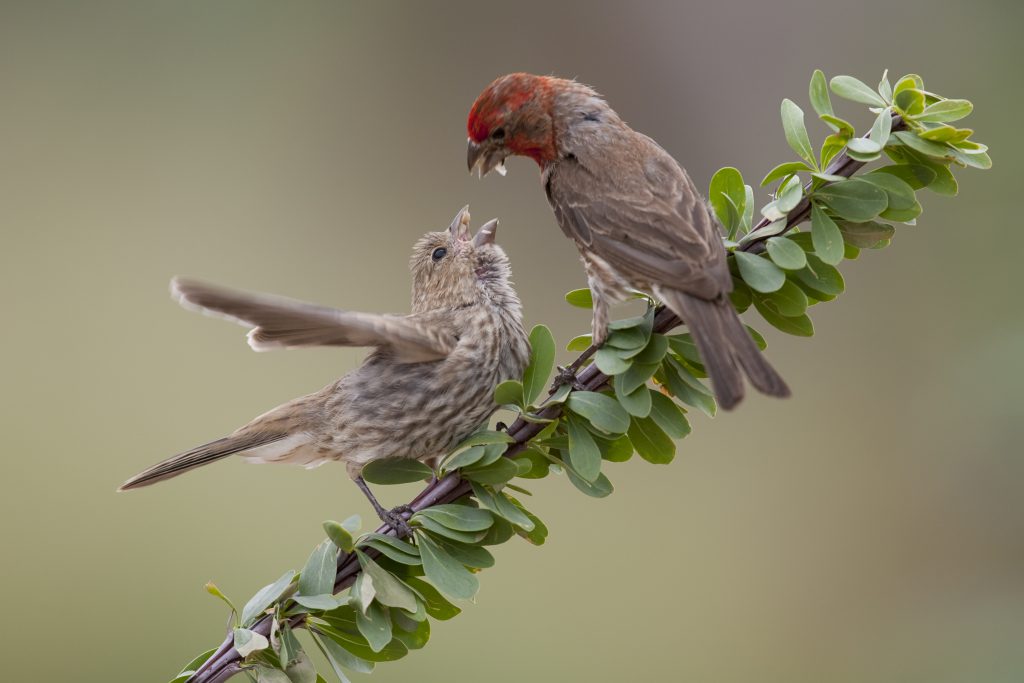How long do babies cluster feed at night
Is your baby cluster feeding all night? Surviving cluster feeding
Home › Breastfeeding › Is your baby cluster feeding all night? Surviving cluster feeding
If you are breastfeeding a new baby, congratulations! I promise you’re doing great. But if you’re worried because it seems like your baby is feeding every hour at night, it’s okay. Your newborn is just cluster feeding.
Don’t worry, cluster feeding is not bad. In fact, most newborns (and even older babies) cluster feed at night. This is totally normal; in fact, it’s important to helping your little one grow. Cluster feeding usually stops after a few days.
Totally overwhelmed about how to nurse your little one? Make sure you grab Breastfeeding 101, my free quick start guide for you.
Disclosure: This article contains affiliate links. As an Amazon Associate I earn from qualifying purchases. You can read my full policy here.
However, if your baby’s all-night snacking is causing you to lose sleep, you may be wondering, How long does cluster feeding last? Will I be doing this forever? Don’t worry; there are ways to get extra rest and manage it so you stay sane.
Table of Contents
What is cluster feeding?
Cluster feeding is when your baby feeds almost constantly for a stretch of a few hours. You may feel like your little one is constantly on your boob.
If your newborn feeds for a little while, unlatches, maybe dozes, then gets fussy and wants to nurse again… only to do the whole cycle over and over again, that’s cluster feeding.
RELATED: Newborn breastfeeding – 12 tips
RELATED: 8 surprising facts about your newborn
Cluster feeding is frustrating not only because your little one wants to nurse constantly, but they also seem to be fussier during times that they’re cluster feeding. But don’t worry; everything is okay.
Why do babies cluster feed?
Babies cluster feed for all sorts of reasons. We’ll discuss some of them here.
Cluster feeding during a growth spurt
The most common reason for it (especially if you feel like your 3 week old is feeding every hour) is simply a growth spurt.
Your baby has periods of super rapid growth, both physically and mentally. And when they have these growth spurts, they have to get the extra energy from somewhere… That would be you, mama.
And while cluster feeding at 6 weeks or 9 weeks may be most noticeable (that’s because it coincides with a fussy developmental phase known as purple crying), it actually can happen at several times of your baby’s life.
RELATED: Purple crying: When your baby won’t stop crying
Breast capacity
Of course, your baby can cluster feed for other reasons too. You may simply have a breast structure where you have lower breast storage capacity. While you never “run out” of milk (milk is like a river, not a bucket; it’s always flowing), it might be that you run low more easily than some other moms.
Think of breast storage like two people working in the garden: Each has a water hose, and each has a bucket. Both of their hoses produce a gallon of water per minute.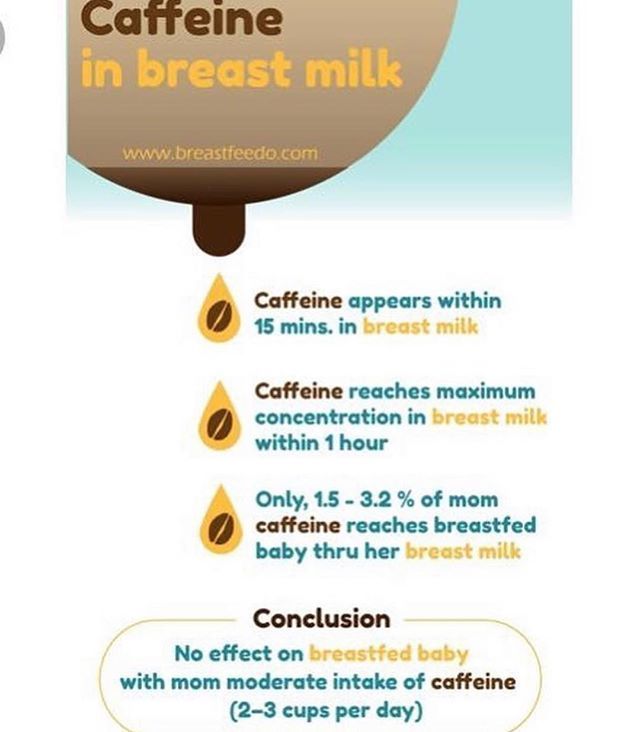 But one person has a one gallon bucket, while the other person has a 5 gallon bucket.
But one person has a one gallon bucket, while the other person has a 5 gallon bucket.
Both of them can take 10 gallons of water from to their garden in 10 minutes. The difference is, one person will have to make 10 trips to the garden, while the other person only makes 2 trips.
So whether you have a small breast capacity or a larger one, it’s okay. It just means your baby may nurse more often.
Baby is teething or sick
If your baby is unwell, they may nurse more often. First of all, they need to stay hydrated, so they need to nurse often. Secondly, you produce antibodies and white blood cells in your breast milk that are specifically designed to help them fight off germs.
Baby wants to connect
Simply put, breastfeeding is comforting for your baby. Breastfeeding causes you both to release oxytocin, the bonding hormone that calms you down and even relieves pain.
And if you work outside the home, your little one may take fewer bottles during the day, instead cluster feeding at night once you’re back together.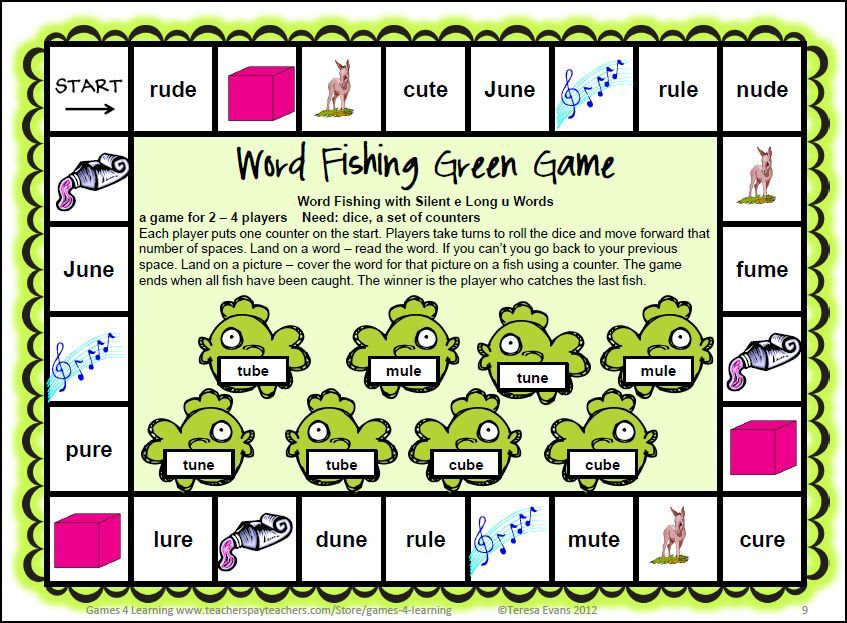 Unfortunately, this behavior can be really hard to deal with when you’re already exhausted from work and baby.
Unfortunately, this behavior can be really hard to deal with when you’re already exhausted from work and baby.
Is cluster feeding bad?
As a new parent, it can be frustrating when your baby seems to want to feed non-stop. And if you aren’t confident in your breastfeeding ability, cluster feeding may really scare you: Is my milk drying up?
RELATED: Is my milk drying up? Help!
While cluster feeding it may seem like a problem, it’s actually an important part of your baby’s development.
RELATED: How to know if my breastfed baby is eating enough
By nursing frequently, your baby is sending signals to your body to increase milk production. And if your newborn is cluster feeding all night, that’s actually okay too.
Generally, your supply is lowest in the evening and night, so it makes sense that your baby would want to nurse more. Plus, your body produces the most prolactin (the hormone that boosts milk production) at night. That means night feeds are especially helpful for your milk supply.
That means night feeds are especially helpful for your milk supply.
In addition, cluster feeding often occurs before a growth spurt, where babies need extra nourishment to support their rapid development. So rather than viewing cluster feeding as a nuisance, try to see it as a natural part of your baby’s growth process.
How long does cluster feeding last?
Cluster feeding, where your baby wants to eat constantly for a few days, can be exhausting for both you and your little one. While it may seem like it will never end, the good news is that it typically only lasts 2-3 days. You may feel like you have a tiny piranha for a few days, but after that, your little one may actually sleep extra.
After this intense period of feeding, your milk supply will increase, but with your baby snoozing instead of eating, it has nowhere to go!
For this reason, your breasts may become engorged and tender. It is important to continue to breastfeed or pump regularly to avoid any discomfort or complications like a clogged duct or mastitis.
At the same time, don’t pump so much that you keep your supply up at this high level. Instead, only pump (or hand express) just enough to get relief. Acetaminophen can take the edge off of the worst engorgement pain, but make sure you mostly focus on emptying your breasts as needed.
When do babies cluster feed?
Although cluster feeding only lasts for 2-3 days at a time, that doesn’t mean it’s a one and done deal. Your baby will have these growth spurts at several stages of their development. Here’s the cluster feeding timeline.
Their first cluster feed will come quickly – at 7-10 days old. After that, you can follow the rule of 3 for cluster feeds and growth spurts: 3 weeks, 6 weeks, 9 weeks, then 3 months, 6 months, and 9 months. There will be another growth spurt right as your baby turns one.
RELATED: Breastfeeding a 1 year old
So if your 3 week old is nursing every hour, that’s totally normal. Exhausting, but normal.
How to cope with cluster feeding at night
Any parent of a newborn knows that cluster feeding is a common occurrence, especially at night.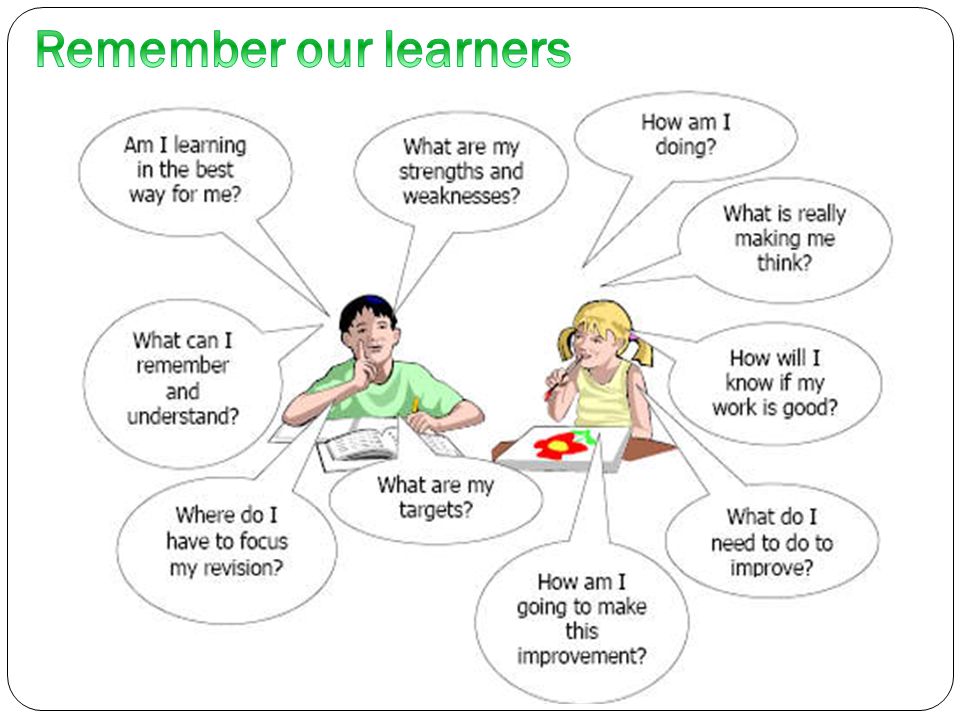 This can be frustrating for exhausted parents who are trying to get some rest, but there are some things that can be done to help cope with the situation.
This can be frustrating for exhausted parents who are trying to get some rest, but there are some things that can be done to help cope with the situation.
Keep perspective
First, it is important to stay calm and realize that this is only a temporary phase. I know, easier said than done, but if you can remember that it will get better, it will help a lot.
Another important note if you have a partner at home with you: The two of you are on the same team. It’s easy to become short tempered with one another and blame each other for everything when you’re tired
Get help
While you’re likely the only one feeding your baby, you can get help in other parts of life. See if someone else can take care of older siblings’ bedtimes while you nurse.
If you have family or friends who are willing to bring you a meal or even have carry out deliver, that would be great. Even better would be if they made a double batch: One meal for now, and one to freeze for later.
Stay hydrated
You hear it all the time, but it’s true: Hydration is everything, especially when you’re nursing! It’s easy to forget to drink anything when you’re holding a baby all the time, but that’s why you should always have a giant water bottle on hand.
Be prepared
Set up a nursing station with your water, some snacks, a few burp cloths, and whatever else you may need. Snuggle down for the evening (until your bed time), find a favorite show to binge watch, and just relax.
RELATED: Must-haves for the fourth trimester
NOTE: If you are so tired that you are afraid you will fall asleep with your baby, do not stay in a recliner or on a sofa to try to keep yourself awake. If you fall asleep and your baby gets wedged in between cushions, it could be disastrous. It is safer to fall asleep with your baby on a flat, firm surface than on a couch or chair.
Consider how to co-sleep safely
It is much easier to handle the frequent wakings of a cluster feeding baby if you are room sharing with them.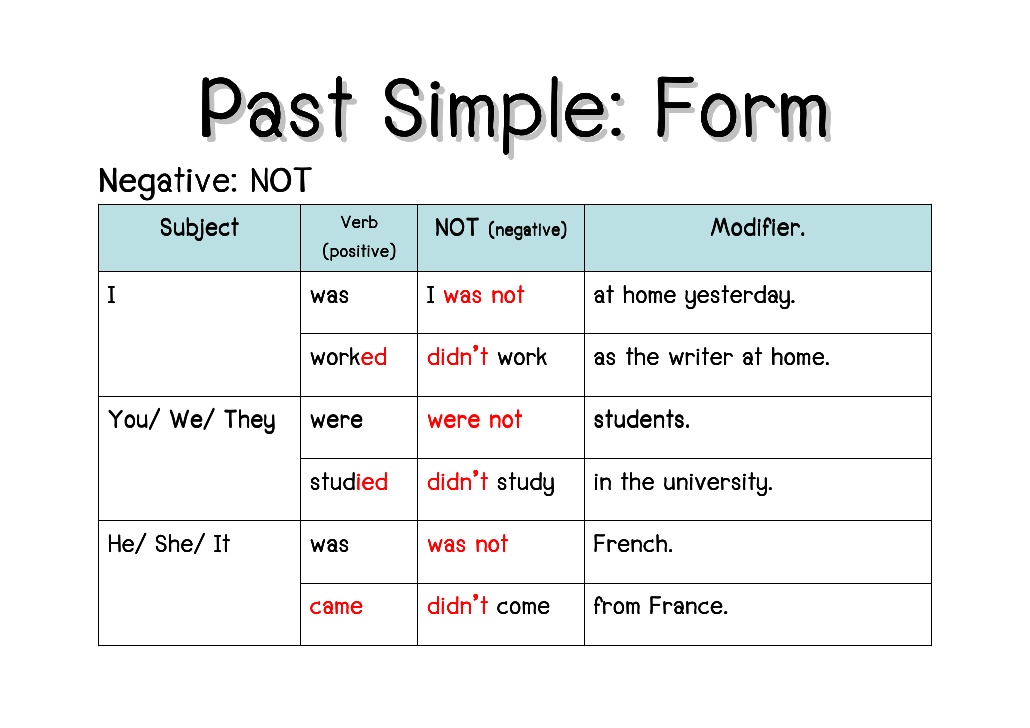 For many parents, the easiest thing is to have a co-sleeper beside the bed (these are my favorites).
For many parents, the easiest thing is to have a co-sleeper beside the bed (these are my favorites).
RELATED: The best non-toxic co sleeper bassinets
I know bed sharing is a very controversial topic in the United States. With that said, if you are exclusively breastfeeding, there’s no smokers in your home, and you are free from the influence of drugs or alcohol, there are ways to co sleep with your child safely on a firm surface.
RELATED: Bed sharing safely with the cuddle curl
Tips for getting through the cluster feeding stage
If your baby is cluster feeding all night, remember that it’s a normal and developmentally appropriate behavior for your baby. It can be exhausting, but it won’t last forever. You can do this!
If you need some extra support, my Breastfeeding 101 quick start guide can help get you off to a great breastfeeding relationship with your baby. Remember – cluster feeding won’t last forever.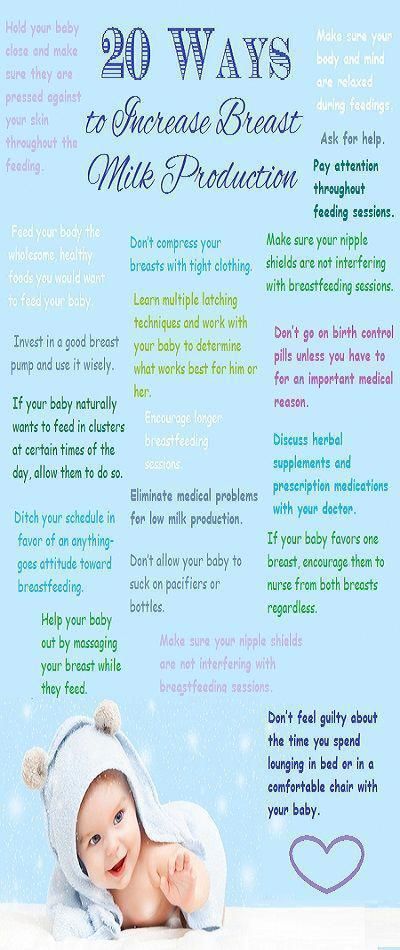 Hang in there!
Hang in there!
Surviving Cluster Feeding and Those Long, Fussy Nights
by Jenny Silverstone
If you’re breastfeeding your baby, you may have been warned about cluster feeding by your other mom friends. It can be a difficult phase to get through and you may even question if you are making enough milk, but we’ve got your back with all the information you’ll need.
Cluster feeding is a normal phase, especially for breastfed babies. While babies eat often — somewhere between 8 to 12 times in a single day — with cluster feedings, a lot of those feedings will be close together. It often happens in the evening — suddenly your baby will want to be at your breast endlessly. Cluster feeding is completely normal and usually occurs in your baby’s first six months. You’ll likely see it for the first time soon after your baby is born. It’s a hard time for moms. It’s tiring, and it prevents them from getting anything else done. Cluster feeding may last just a couple days or it can last for a few weeks. Only your baby will decide that — it will know when and for how long it needs more milk. Your little one is basically telling your body to increase your milk supply with the extra stimulation at breast to meet their growing body’s nutritional needs.
What Causes Cluster Feeding?No one is really certain what causes cluster feeding. It could be caused by a variety of reasons. Perhaps a baby is having a growth spurt and needs more milk to fuel it. And since so many cluster feedings tend to occur at night, it can feel soothing to your baby to do when they are undergoing developmental stages.
It could be caused by a variety of reasons. Perhaps a baby is having a growth spurt and needs more milk to fuel it. And since so many cluster feedings tend to occur at night, it can feel soothing to your baby to do when they are undergoing developmental stages.
Because your baby is attached to your breast for sometimes hours at a stretch, cluster feeding doesn’t feel like a good thing for you, even though you may love the extra snuggles from your babies. But it’s so demanding, it can leave you feeling exhausted and overwhelmed. When that happens, you need to keep the positives of cluster feeding in your mind so you feel better about your situation. Looking on the bright side can really help, so here are a couple of big positives about cluster feeding.
- It can increase your milk supply: Because your milk supply ramps up with frequent breastfeeding or pumping sessions, you’ll feel less worried about potentially running out of milk as your baby grows.
 You can use that extra milk to build up your freezer stash. It’s amazing how your body knows exactly what to do to meet your baby’s needs!
You can use that extra milk to build up your freezer stash. It’s amazing how your body knows exactly what to do to meet your baby’s needs! - Your baby might sleep longer stretches in the night: There’s an outside possibility that cluster feeding might make your child sleep longer at night, which means you could also sleep longer. While there’s no guarantee, it’s nice to have that to daydream about — a good night’s sleep.
Any way you slice it, cluster feeding is tough. Your baby will be so fussy, you’ll wonder what’s going on, and after a while, you’re going to be tired of being treated like an all-you-can-eat buffet. You may feel like you’re barely clinging to sanity, but there are some ways you can take the sting out of the experience.
- Make a cluster feeding kit: You’re going to be tied up for hours during these cluster feeding sessions so you need to be prepared. Have a movie ready to watch, have snacks and water nearby, and grab a few magazines or a book to keep on hand.

- Enlist help: You’re the only one with the breast milk your baby needs, but that doesn’t mean others can’t help too. Your partner should also be in on this non-stop fun. If your baby takes a break in the breastfeeding action, even just for a few minutes, hand your little one off to your partner and give your body a much-needed break.
- Don’t skimp on the food and drinks: Aim for nutritious food and don’t forget to stay well-hydrated. Breastfeeding is a lot of work for your body and it needs all the nourishment it can get. Breastfeeding torches an estimated 500 calories a day normally, and you may burn more than that when your baby cluster feeds.
- Get enough sleep: Because of all the extra feedings, you’re going to be more tired than ever. Even if it’s the early evening hours and you have a million other things you’d rather be doing, lay down when your baby does and try to get some power naps in there.
- Let your baby dictate what it wants: You might be so tired of breastfeeding after a few days of cluster feeding that you’ll look for other ways to soothe your baby.
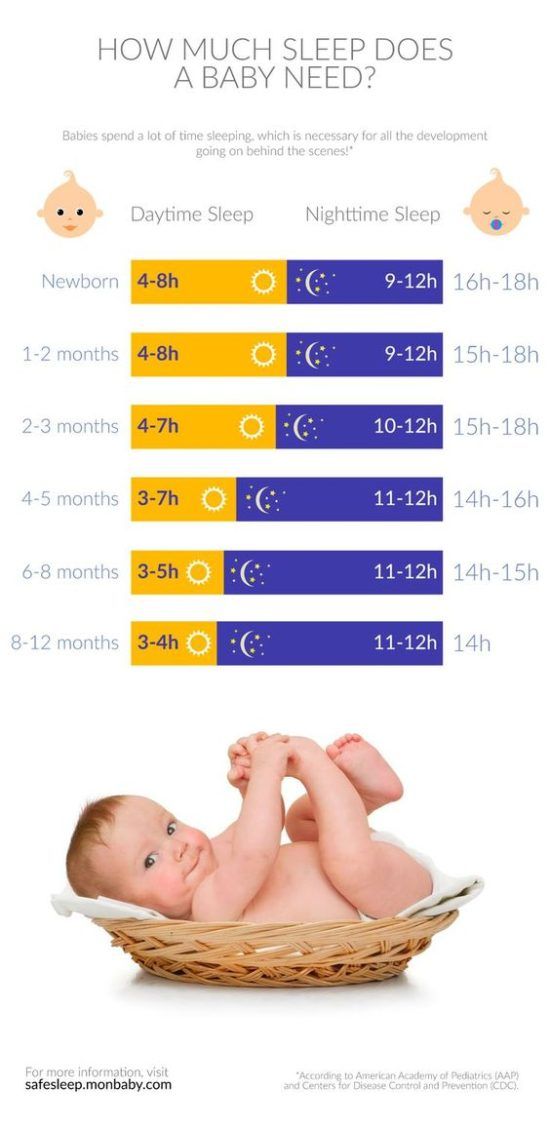 Babies know what they want and what they need when it comes to how much milk they take in, so feed them as often as they need it.
Babies know what they want and what they need when it comes to how much milk they take in, so feed them as often as they need it. - Give your arms a rest: Put your baby down whenever possible — in a baby swing, a crib, or a pack ‘n play. Babies may be light, but they feel super heavy on the arms after a while. You could potentially be holding your baby for hours, so you need to pencil in a break for your arms whenever you can.
- Let the chores go: Your house may look like a disaster zone during cluster feeding episodes, and you’ll have to be okay with that. You can ask your partner to pitch in more during this time. If that’s not possible, just let it go and do your best to catch up with it when things are back to normal.
- Don’t turn on the lights at night: If your baby gets up frequently in the night during cluster feeding episodes, make it your goal to get your baby back to sleep as soon as possible. Keep those lights off, don’t make any loud noises, and change their diaper before the feeding begins so they can be put in their crib as soon as they get their nourishment.

Even if you sail through the exhaustion and all the sitting you’re going to have to do, you still might have other issues with cluster feeding. Your mind might be strong, but your nipples could be feeling like they have been dipped in lava. What’s a girl to do when her nipples are cracked and possibly bleeding but her baby is screaming for more? First of all, ensure that you have the baby latched properly at breast to prevent nipple trauma. It’s not about having baby on like a “bullseye”; it’s more about the proper latch. If you are concerned baby is only getting the nipple when latching, reach out to a Lactation Consultant for help.
Outside of proper latch and positioning, here are some solutions when you feel like your nipples have gone around with sandpaper.
- Put nipple cream to work: Nipple cream can be soothing. You can either use coconut oil, creams available in stores, or you can even try rubbing a few drops of breast milk over your nipples when feeding time is done.
 If you use a cream, make sure to wash it off your nipples before feeding your baby again if that’s required on the instructions.
If you use a cream, make sure to wash it off your nipples before feeding your baby again if that’s required on the instructions. - Skip the tight bras: While your nipples are sore, you should avoid tight bras or ones that are made of scratchy material. That will just make you feel even worse.
- Use warm moisture: Keeping your nipples hydrated will help and using warm, not hot, water will feel soothing and keep them from drying out. You can put a damp and warm towel over your nipples for a few minutes and see if that helps.
- Ditch the shirt: If you don’t have any older children living with you and you have shades or blinds up over your windows to block you from any nosy neighbors, you can go shirtless too. That will stop any unnecessary chafing.
- Use different positions while breastfeeding: Changing the angle slightly during each session may protect your nipples a bit.
When your baby deviates from their established routine or what is normal for them, of course, you’re going to be worried. You’ll wonder if something is wrong with your baby or if you’re doing something incorrectly to cause them to act that way. To make yourself feel better and cover your bases, make sure your baby is still frequently having wet and dirty (stool) diapers in case you are suddenly having problems with your supply. You should see at least five very wet diapers a day from your baby — if you don’t see this many, call your doctor. It may also be a good idea to call your doctor or Lactation Consultant if your baby’s cluster feeding has gone on for more than a few days. While it can be normal for it to last longer than that, you’ll probably be really worried by this point and a quick doctor’s visit would be worth it to ease your mind.
You’ll wonder if something is wrong with your baby or if you’re doing something incorrectly to cause them to act that way. To make yourself feel better and cover your bases, make sure your baby is still frequently having wet and dirty (stool) diapers in case you are suddenly having problems with your supply. You should see at least five very wet diapers a day from your baby — if you don’t see this many, call your doctor. It may also be a good idea to call your doctor or Lactation Consultant if your baby’s cluster feeding has gone on for more than a few days. While it can be normal for it to last longer than that, you’ll probably be really worried by this point and a quick doctor’s visit would be worth it to ease your mind.
Cluster feedings are just a minor speed bump during all the years you’ll have as a parent, so it’s helpful to keep it in perspective when you’re in the midst of it and it feels insurmountable. You’ll be through this challenge in just a few days and you’ll feel more confident that you can get through anything.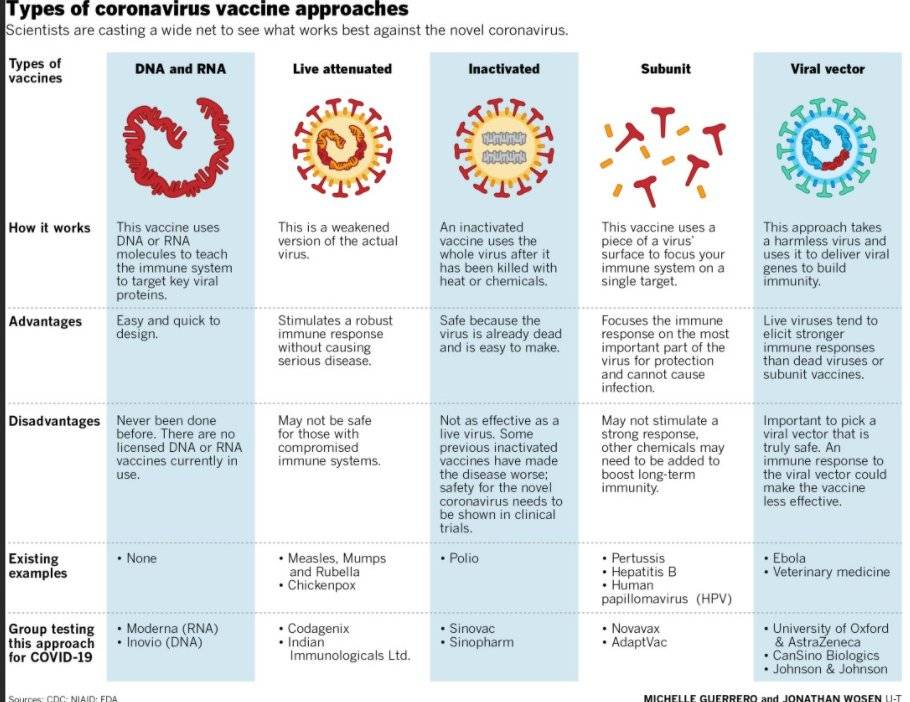
Jenny Silverstone is the mother of two, and breastfeeding advocate and an editor and writer for the popular parenting blog Mom Loves Best. Jenny’s loves helping inspire and educate other mothers on all topics related to breastfeeding, pumping breastmilk, and dealing with low milk supply.
until what age to feed a baby at night
Breast milk is the ideal food for babies, so every mother should strive to maintain breastfeeding for as long as possible. But if for some reason it is impossible, it is important to choose high-quality breast milk substitutes and the optimal feeding regimen, close to the natural rhythm of breastfeeding. The younger the baby, the more often he needs food. Newborn children need to be fed several times at night, older children, from about six months, once. After a year, children can already sleep at night without waking up for feeding.
Newborn children need to be fed several times at night, older children, from about six months, once. After a year, children can already sleep at night without waking up for feeding.
Why do newborns eat at night?
In the womb, the baby receives nourishment through the umbilical cord continuously, without separation between day and night. After birth, the volume of the baby's stomach is very small, so he cannot get enough nutrients and vitamins and minerals at one meal. Therefore, the baby needs to eat often, in small portions, so that there is no regurgitation and digestive problems.
Another argument in favor of frequent feedings is a very intensive metabolism in an infant. This is necessary to provide the body with the necessary building blocks and energy during a period of very rapid growth and development. In the first year of life, growth processes are maximum in speed, and in order for a baby to triple its weight by a year and grow by 50% of its original height, it needs to eat often and a lot.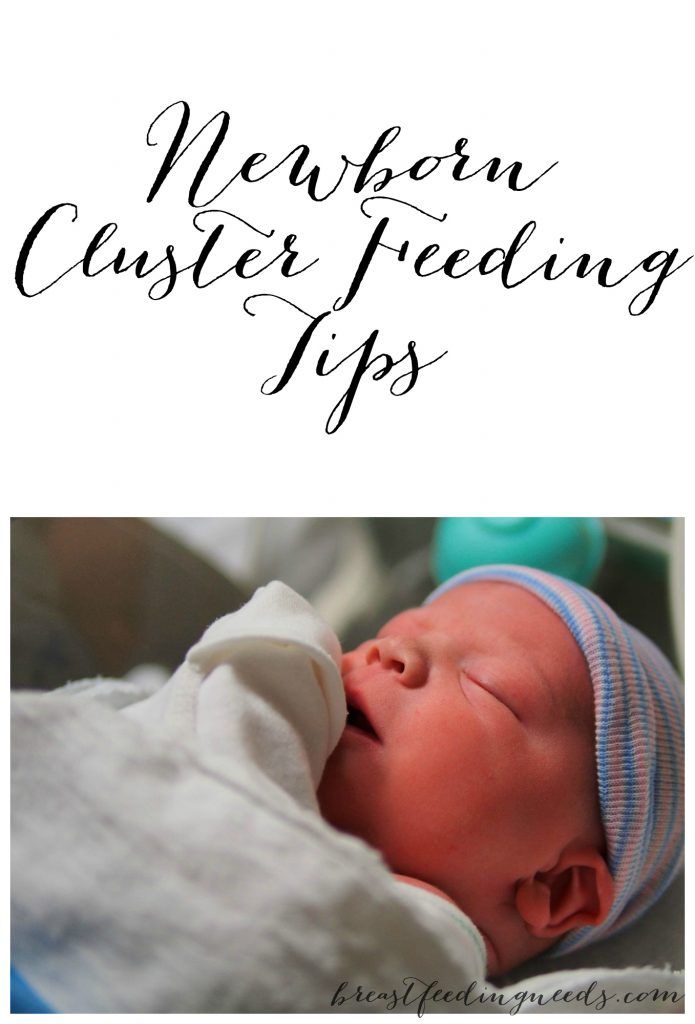
Proper nighttime feeding of babies
Even 20 years ago there was a recommendation to maintain a break at night (from midnight to six in the morning), not to feed the baby. This was explained by the fact that the stomach needs rest, and you need to “deceive” it with some water or give it a pacifier. But today it is already known for sure that the stomach is equally active both during the day and at night. In early childhood, circadian rhythms have not yet been formed and the digestive system works around the clock.
Today, doctors recommend feeding a newborn on demand - he himself determines when to eat and how much milk to suck out for feeding. In the first 2-3 months, a child can wake up up to 3-4 times a night (between 9 pm and 6 am) to attach to the breast, up to six months - up to three times, after six months - once, less often twice.
- When breastfeeding, it is recommended to feed the baby on demand, including at night, giving up the practice of "hungry" motion sickness, the use of pacifiers or water.

- For mixed-fed babies at night, breastfeeding should be preferred. This will also help stimulate lactation in order to increase the amount of milk secreted during the day.
- Formula-fed infants should be fed every 3 hours. Let's say a break of 4-5 hours if this is a child older than 3-4 months.
Until what age should I feed my baby at night?
Many parents think that as complementary foods are introduced, the baby no longer needs nighttime feedings, because he can be fed during the daytime. Yes, of course, the baby already receives more dense food - vegetable, cereal, meat complementary foods. But this does not mean at all that he will not want to eat at night.
In the daytime, children eat a variety of complementary foods, and at night they have a need to attach to the breast, to get enough of breast milk. After all, the number of attachments to the breast in the daytime gradually decreases, and babies can compensate for this by waking up at night to feed.
If a child is breast-fed, he may have 1 to 3 nightly feedings until the end of lactation (to fall asleep, actually at night, to calm down and fall asleep). If a child is on artificial nutrition, after a year, milk formulas are almost replaced by other products. Most often, children drink cow's milk or fermented milk products at night, special mixtures for children of the second year of life (“threes” or “fours”).
Most children under three wake up at least once during the night to eat. This is quite normal and does not require any radical intervention from the parents.
Should my baby be weaned from night feedings?
This issue is quite complex and it is solved individually. Up to a year, if the child himself does not refuse night feedings, they should not be removed. After a year, this issue must be addressed individually, based on indicators of height and weight, the level of physical and neuropsychic development. If the baby was born prematurely or gained weight at the lower limits of the norm in the first year of life, it is worth leaving feeding in the second year so that the child receives more nutrients for growth and weight gain.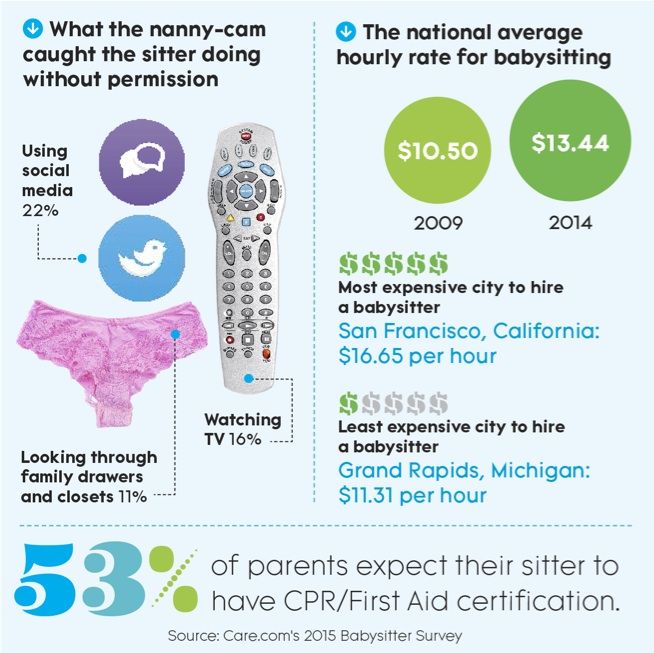
If a decision is made to wean a child from night feedings, one should not take radical measures, arrange battles with crying and tantrums. It is not worth practicing methods of the “cry and stop” type, they negatively affect the psyche, disrupt the baby’s sleep, provoke capriciousness, irritability. Night tantrums will not benefit other family members either.
To wean a baby from night feedings, it is necessary to create conditions when the child does not want to eat during the night. This is achieved by eating porridge in the evening, before going to bed. Complex carbohydrates are absorbed slowly, so the baby stays full longer, can sleep through the night without waking up. New, unfamiliar complementary foods should be introduced in the morning to help reduce the risk of negative reactions to food that occur at night and disrupt sleep. You should not give your child meat dishes at night, as they contain protein compounds that are heavy enough for digestion.
Sometimes children wake up at night not because they are hungry, but because they are thirsty. Dry and warm air leads to drying of the mucous membranes, which causes dryness in the mouth, thirst arises. Therefore, when the crumbs wake up, you can drink it with water at room temperature. If the baby fell asleep and does not wake up anymore, it's not about hunger. If after a few minutes he wakes up again - you need to feed the baby.
Dry and warm air leads to drying of the mucous membranes, which causes dryness in the mouth, thirst arises. Therefore, when the crumbs wake up, you can drink it with water at room temperature. If the baby fell asleep and does not wake up anymore, it's not about hunger. If after a few minutes he wakes up again - you need to feed the baby.
How to wean a child from night feeding, wean a child to eat at night
0-6 months
Article
5/5 3 reviews
A newborn baby eats at any time of the day, day or night. As the baby's digestive tract grows stronger, the interval between feedings gradually increases. Moms have a natural question: when and how should you stop night feedings so that the baby sleeps all night?
8 min. for reading Feb. 17, 2022
17, 2022
Contents
Should I feed my baby at night
How many nightly feeds does my baby need
- For breastfed babies, combination breastfeeders and babies with reflux
- Formula-fed babies
How to Know When Your Baby is Ready to Give Up Nighttime Feeding
How to Wean Your Baby From Nighttime Feeding: Expert Advice
Frequently Asked Questions
Sources
Is it necessary to feed a baby at night
Night feeding of a newborn is something that is so difficult for many new parents: it is difficult to maintain your own health, feel good and at the same time take care of the baby if you are chronically sleep deprived. But why can't a baby go without food at night?
In the first months, the baby does not have a clear regime, he still weakly distinguishes between day and night: during prenatal development, the baby is used to getting everything he needs from his mother at any time. And most importantly - at the beginning of life, the child grows very quickly and requires a lot of nutrients, while having a small stomach and a still fragile digestive system.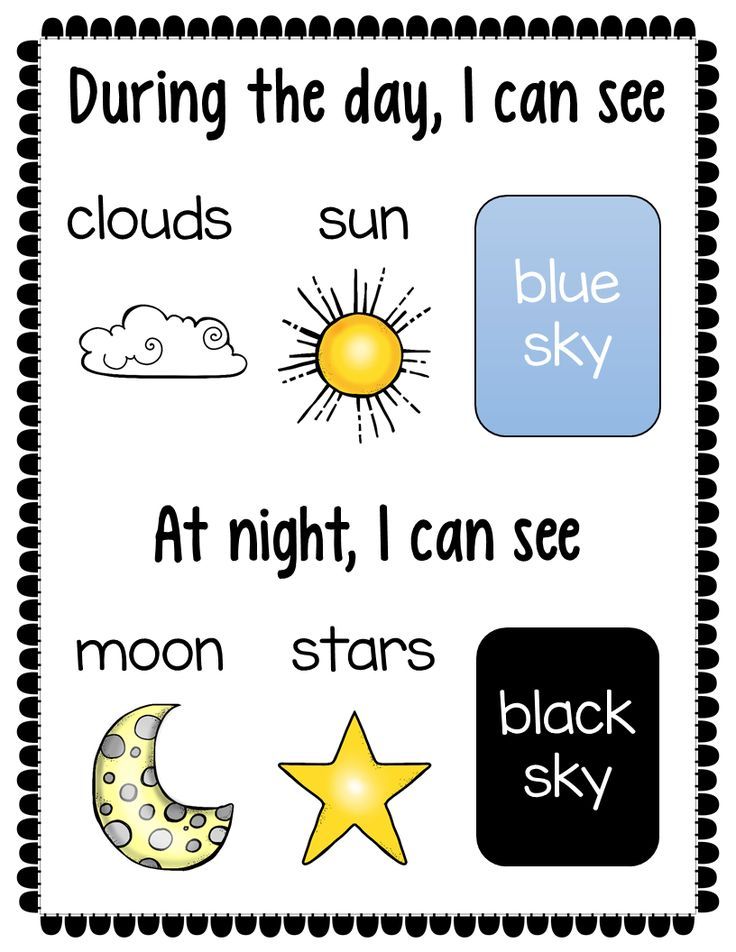 For these reasons, the baby cannot go without food for a long time and requires food approximately every 2-3 hours, and pediatricians, in turn, insist on the need for nightly breastfeeding of a newborn.
For these reasons, the baby cannot go without food for a long time and requires food approximately every 2-3 hours, and pediatricians, in turn, insist on the need for nightly breastfeeding of a newborn.
Important!
Sleep and nutrition patterns, as well as the need for them, are individual for each child. Therefore, if it seems to you that the baby eats little and rarely, or vice versa - too often, consult with the doctor you are seeing.
In addition, night feedings, although they interfere with sleep, are useful not only for the child, but also for the mother. They help to properly establish lactation, because it is at night that the hormone prolactin is produced, which is responsible for the amount of breast milk.
Advice
With the correct organization of night feedings, the baby eats half asleep and quickly falls asleep further. To do this, start a night light in the room and be ready to feed as soon as the baby wakes up. Sleep in comfortable nursing clothing if you are breastfeeding.
Sleep in comfortable nursing clothing if you are breastfeeding.
How many night feeds does the baby need
The smaller the child, the more often he needs to be fed. But over time, the digestive tract gets stronger, and the baby can eat more and endure longer breaks between meals. Below is an approximate number of night feedings, depending on the age of the baby:
1. For breastfed, mixed breastfed and reflux babies:
| Age | Number of night feedings |
| 0-3 months | breastfeeding on demand approximately every 2-3 hours |
| 3-4 months | 2-3 times as required or every 3-6 hours |
| 5-6 months | 1-2 meals |
| 7-9 months | 1, possibly 2 times |
| 10-12 months | sometimes 1 feeding |
| 12+ months | usually without night feedings |
Important!
During growth spurts, your baby should be fed as needed. Such bursts occur approximately at 5, 8, 14, 19, 26, 37 and 46 weeks of life and last about 7 days.
Such bursts occur approximately at 5, 8, 14, 19, 26, 37 and 46 weeks of life and last about 7 days.
How do you know if your baby is ready to give up nighttime meals? After this period, the need for nightly meals depends on the pace of development, individual needs and the health of the child. If the baby was born prematurely or is not gaining weight well, experts recommend waking him up 3.5-4 hours after the previous feeding and offering the breast.
Advice
If you're not sure if your baby is ready to stop feeding at night, talk to your doctor. The specialist will help you understand and make the right decision based on the physical indicators of your child.
If the baby is healthy and has a good weight, somewhere between 4 and 6 months old, he will begin to get enough calories during the day so that he does not need to feed at night. In breastfed children, this process may be a little slower - up to 6–10 months [2].
It is also important to take into account that the refusal of nighttime "snacking" occurs gradually: there are very few cases when a child stops eating at night and immediately starts sleeping 5-6 hours in a row. Usually, babies who are used to eating several times a night wake up out of habit, and it will take time to change this routine. First, the baby will ask for food half an hour later than usual, then an hour, a little later - two, and so on. Step by step, over several weeks, night sleep reaches 6-7 hours in a row. This joyful moment can come at 4 months or closer to 12 months: all babies are unique, and it's not scary or unusual for an infant to sleep much longer without food, while an older child keeps waking up to eat.
Advice
Dentists recommend abolishing nighttime feedings for children older than one year, as food leftovers in the mouth can damage baby teeth. This risk is minimal when breastfeeding.
Also, remember that your child has many other important needs. Perhaps he wakes up and calls you, not so much for food, but for comfort and closeness. What could be more reassuring and safer than the caring hands of parents who feed and cradle? feedings.
Perhaps he wakes up and calls you, not so much for food, but for comfort and closeness. What could be more reassuring and safer than the caring hands of parents who feed and cradle? feedings.
How to wean a child from night feeding: expert advice
Many parents are interested in how to properly wean a baby from eating at night so that it does not become a lot of stress for him. Especially if the baby stubbornly refuses to give up night feeding.
- Start the weaning process slowly and gradually. Slowly reduce your nightly breastfeeding time or give your baby less milk (mixture if formula-fed) from a sippy cup. Try to extend the intervals between
Important!
Under no circumstances should the issue of night feedings be turned into a battlefield. The “cry - stop - wean” method loosens the baby’s nervous system and can provoke severe stress.
- Make sure your child eats well during the day.
 Babies become more active as they get older, and if they get carried away playing or walking, they may skip meals or not eat enough and then try to make up for it at night. Therefore, take scheduled breaks during the day for "silent feeding" in a place where nothing will distract the crumbs from eating.
Babies become more active as they get older, and if they get carried away playing or walking, they may skip meals or not eat enough and then try to make up for it at night. Therefore, take scheduled breaks during the day for "silent feeding" in a place where nothing will distract the crumbs from eating.
Advice
If you're not sure your child is eating enough, check their height by weighing them at the doctor's office.
- Try feeding your baby before bed. If a child goes to bed with a full tummy, they are less likely to wake up hungry in the middle of the night.
- Ask dad to get up at night with the baby. If an awakened baby hears your smell or the aroma of breast milk, this can provoke his appetite, even if the baby did not wake up because of hunger. If you sleep in the same room, it's best to move the crib to dad's side.
- Phase out feedings one at a time. When the baby wakes up to eat at night, go to him and reassure him, gently but firmly explain that now is the time to sleep, not eat.
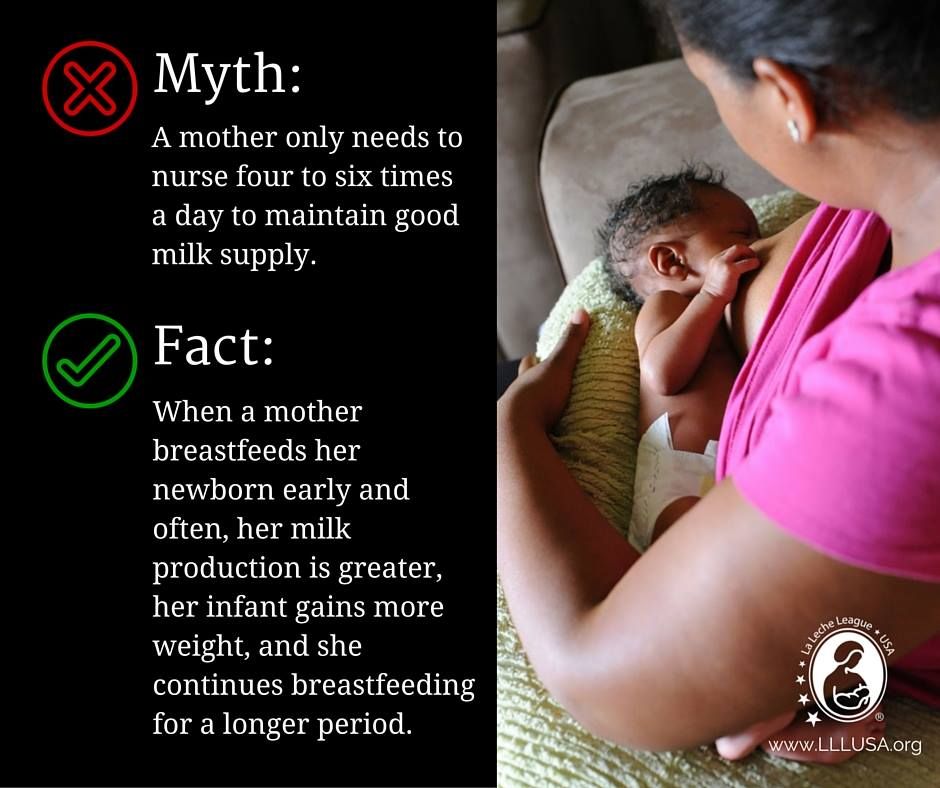 At the same time, pat and stroke the child on the back or tummy, but do not pick him up. Even if the baby does not yet understand your words, he gradually catches the meaning, and your presence and attention will be soothing to him.
At the same time, pat and stroke the child on the back or tummy, but do not pick him up. Even if the baby does not yet understand your words, he gradually catches the meaning, and your presence and attention will be soothing to him. - Try giving your baby water to drink. Babies may wake up at night not from hunger, but from thirst, especially in hot weather or in a room with dry air. If after half an hour the baby wakes up again, feed him, and if not, then he is full and satisfied.
- If the baby has been crying inconsolably when stopping night feedings for several days in a row, stop the attempt and return to your normal routine for a while. Let the baby calm down and start weaning him again in a week or two.
- Do not stop night feedings during the transition period. For example, when you are going to return to work or go on vacation without a baby. If your baby sees less of you during the day, try to hug and interact with him more in your free time. It is necessary that he clearly feels your connection and care, then the baby is less likely to seek solace in the middle of the night.

- If the baby continues to require night feeding, try to create conditions in which he does not want to eat. An excellent opportunity appears at 8-9 months, when the baby is already confidently eating complementary foods. To do this, move the usual bowl of porridge to the evening: this way the child stays full longer and may not ask for an extra portion of food at night.
Advice Do not give your baby new foods at night, introduce them only in the morning. Otherwise, you run the risk of observing the reaction to unfamiliar complementary foods instead of sleep. Also, do not give your child meat at night, it is hard to digest, can cause discomfort in the stomach and restless sleep. Also keep in mind that the decision to not feed at night depends in part on how it affects you. If you enjoy breastfeeding or drinking from a cup at night, there is no reason to stop: at a certain point, the baby will stop asking for food on its own. 1. How often should a newborn be fed? A newborn needs to be fed every 2-3 hours, i.e. 10-12 times a day. Further, the intervals between feedings gradually increase to 3-6 hours, and the child gets the opportunity to sleep all night. 2. How much should a child eat per day? The daily "portion" of food for the baby depends on his age and weight. From 10 days to 1.5 months, the baby needs such an amount of food, the weight of which is approximately 1/5 of the child's body weight. From 1.5 to 4 months - 1/6 of the baby's weight, from 4 to 6 months - 1/7, from 6 to 8 months - 1/8, from 8 to 12 months - 1/9. 3. What happens if you don't stop night feedings? Most likely, the child will eventually refuse them himself. Sources Physical development of the child by months Average customer rating 3 customer ratings Snapshot of community ratings 0-6 months Article 0 reviews Mother's milk is the main source from which the tiny body receives nutrients and builds the foundation of immunity. 0-6 months Article Intestinal dysfunction after childbirth is a problem that all new mothers face. This is not a pathology, but a completely normal, understandable and temporary state of the female body. Why there is constipation after childbirth, when bowel function is restored and what to do to eliminate discomfort - more on this later in the article. 0-6 months Article 0 reviews Is it possible to get pregnant during lactation? There is an opinion that this is impossible. 0-6 months Article The key to a successful start to breastfeeding is the correct latch on of the nipple. Follow tips to help your baby latch onto the nipple and floor properly 0-6 months Article 0 reviews The resumption of intimate relationships after childbirth is an ambiguous issue. On the one hand, after such a long abstinence, you want to have sex as soon as possible, on the other hand, there are a number of nuances that prevent this. When you can have sex after childbirth and what precautions you should take - read further in the article. 0-6 months Article Mothers usually start breastfeeding their newborn while still in the hospital. The physiology of the infant is well adapted to this. During the first feeding, the baby receives colostrum, which contains antibodies that fight infections. 0-6 months Article 0 reviews Should cucumbers and potatoes be on the menu of a nursing mother or not? What vegetables can be eaten while breastfeeding, and which ones should be limited? 0-6 months Article 0 reviews If breastfeeding is not possible, express with a breast pump or by hand. 0-6 months Article 0 reviews The birth of a child is the most memorable and long-awaited event in life. When carrying it, the mother faces many difficulties, which, with the advent of the baby, it would seem, should decrease. However, it is not. After giving birth, a child requires a lot of time and attention, as well as round-the-clock care. During this period, its proper nutrition is especially important, on which the growth and further development of the little man depends. The best thing for him is his mother's milk. 0-6 months Article 0 reviews The appearance of a baby in the house is accompanied by both joy and feelings of young parents . 0-6 months Article The success of breastfeeding depends on several factors: the choice of a comfortable position for mother and baby, certain practice and proper attachment to the breast. 0-6 months Article 0 reviews The minimum interval between births, according to doctors, is 3 years. Carrying and giving birth to a child, breastfeeding - all this is a burden on the female body. 0-6 months Article 0 reviews The baby's umbilical cord is the link between the baby and mother throughout life inside the mother's womb. 0-6 months Article 0 reviews Breast milk is the healthiest and healthiest food for a baby. It contains all the substances necessary for a small organism. 0-6 months Article 0 reviews A newly born little man is still in the process of thermoregulation. 0-6 months Article Fruit is one of the most important sources of vitamins for humans. Both mother and child need them. What fruits with HB can a nursing mother? And is it true that strawberries and citrus fruits should be excluded from the daily diet? We will try to answer these in our article. 0-6 months Article 0 reviews Tips and position on smoking while breastfeeding / smoking while breastfeeding from well-known international and Ukrainian pediatricians, WHO and La Leche League - a public organization to support breastfeeding women. 0-6 months Article 0 reviews The most natural and healthy food for a baby is and has always been breast milk. Its composition and properties are ideal for a small organism and not a single, even the most perfect artificial infant formula can replace this diet. 0-6 months Article 0 reviews Breastfeeding is not always easy and women often face the problem of breast inflammation. Why does mastitis develop and how to recognize the first symptoms? And also let's figure out what can be done to prevent the disease.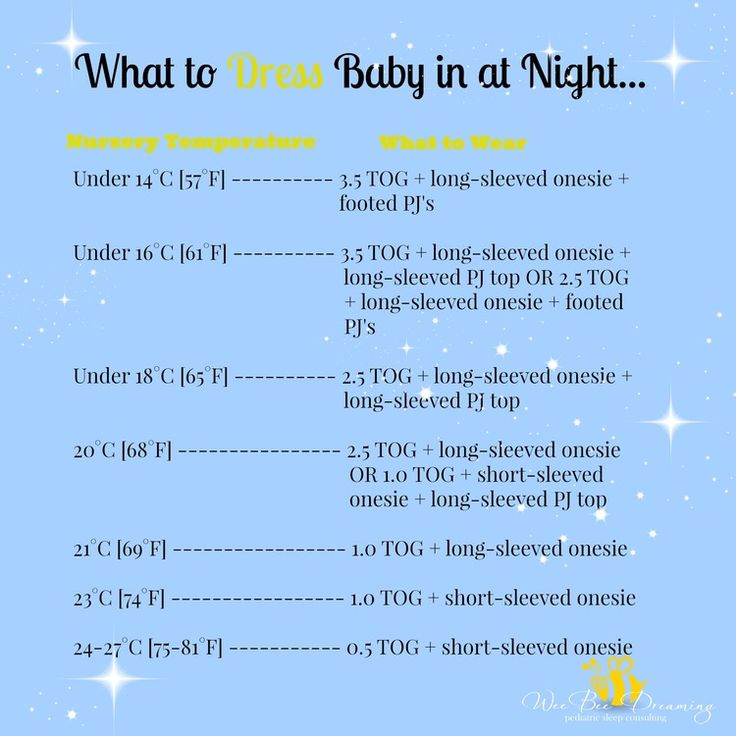 But if you feel that lack of sleep prevents you from living and enjoying motherhood, and the baby is already physically ready for change, it's time to try switching to a daily routine. In any case, you should do what is best for you and your family.
But if you feel that lack of sleep prevents you from living and enjoying motherhood, and the baby is already physically ready for change, it's time to try switching to a daily routine. In any case, you should do what is best for you and your family. FAQ
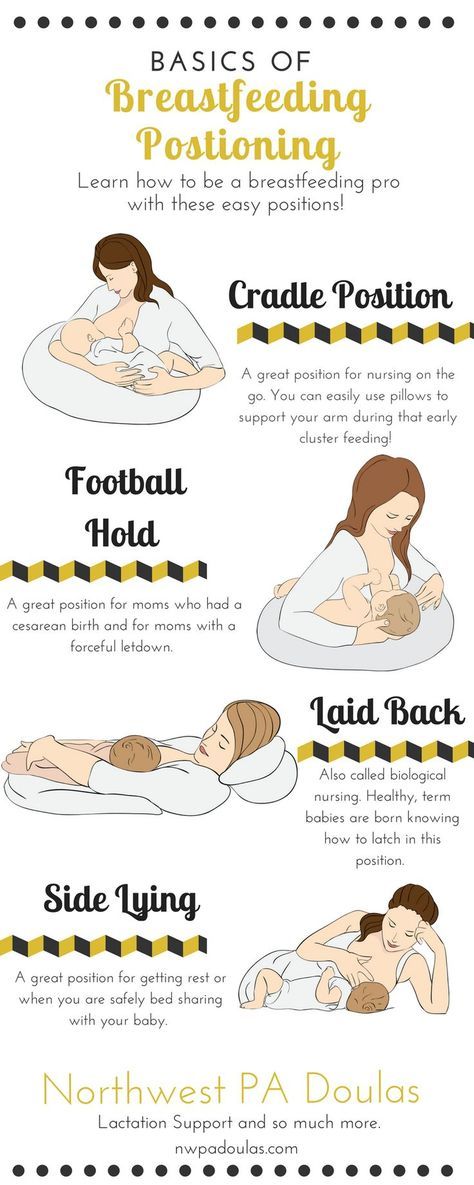 But some pediatricians, notably Richard Ferber [1], warn that unnecessary nighttime feedings can cause sleep problems. Also, food leftovers after late “snacks” can provoke the development of caries in milk teeth.
But some pediatricians, notably Richard Ferber [1], warn that unnecessary nighttime feedings can cause sleep problems. Also, food leftovers after late “snacks” can provoke the development of caries in milk teeth.
Related articles
Latest reviews
Recommended Articles
Artificial feeding of newborns: some tips
 Therefore, breastfeeding is recommended by all pediatricians and neonatologists. This strengthens the bond with the mother and the immune system of the baby. However, it often happens that a young mother refuses breastfeeding. The reason for this may be a shortage or lack of milk or a doctor's recommendation.
Therefore, breastfeeding is recommended by all pediatricians and neonatologists. This strengthens the bond with the mother and the immune system of the baby. However, it often happens that a young mother refuses breastfeeding. The reason for this may be a shortage or lack of milk or a doctor's recommendation. Constipation after childbirth: what to do?
Breastfeeding Pregnancy (HB): First Signs
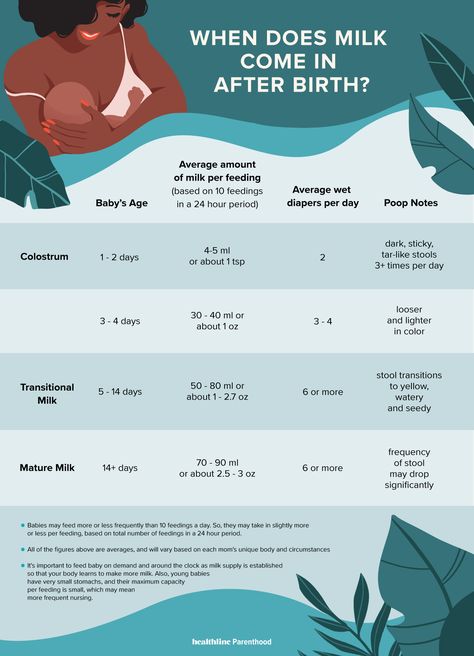 However, in practice, such cases are not uncommon. How to recognize the first signs of pregnancy while breastfeeding and what are the risks? More on this later in the article.
However, in practice, such cases are not uncommon. How to recognize the first signs of pregnancy while breastfeeding and what are the risks? More on this later in the article. How can I help my baby latch onto the nipple?
When can you have sex after giving birth?

Breastfeeding: the first steps after childbirth
What Vegetables Can I Eat While Breastfeeding?
Storing breast milk: TOP 5 tips on how to store it
 And we will tell you what and how to store breast milk.
And we will tell you what and how to store breast milk. How to increase the amount of breast milk?
Constipation in a newborn: what to do?
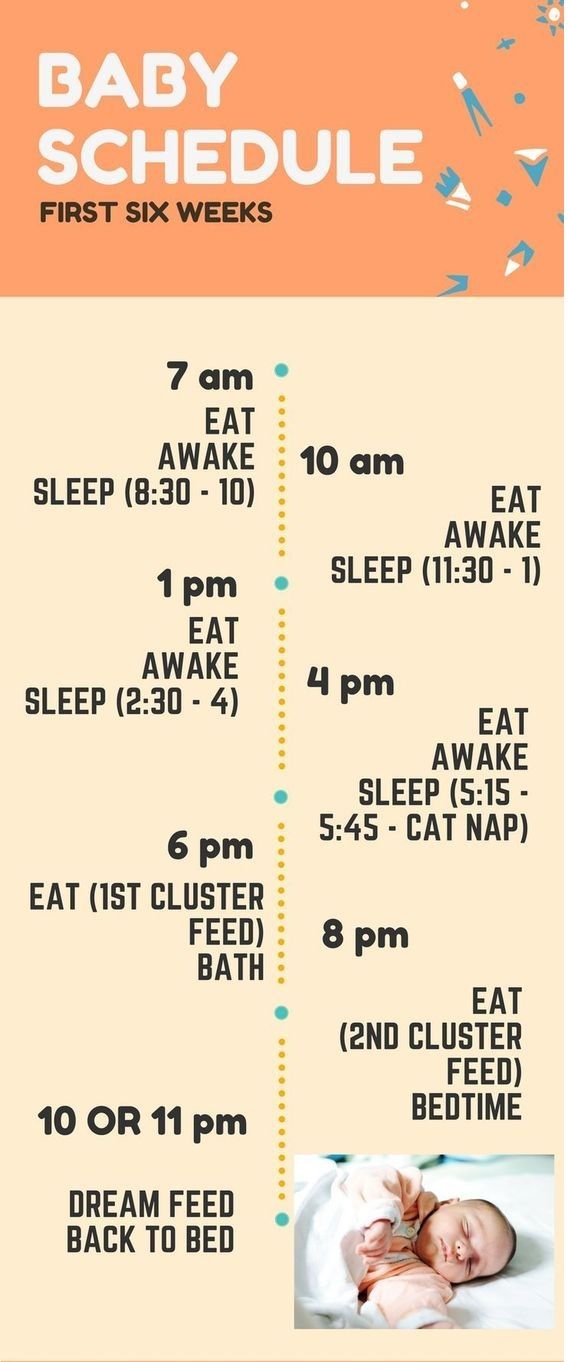 Each change in the behavior and condition of the baby alarms the mother, especially if it causes discomfort and tears in the baby. One such phenomenon is is constipation in a newborn .
Each change in the behavior and condition of the baby alarms the mother, especially if it causes discomfort and tears in the baby. One such phenomenon is is constipation in a newborn . Proper breastfeeding is the key to successful feeding.
Contraception during breastfeeding (HB): TOP-7 methods
 Let him fully recover and consider contraception for breastfeeding. Here are a few methods that might come in handy.
Let him fully recover and consider contraception for breastfeeding. Here are a few methods that might come in handy. How to care for the navel of a newborn?
How to increase the amount of breast milk?
How to measure the temperature of a newborn: 3 ways
 Therefore, the temperature norms for such a baby will differ not only from the norms of an adult, but even from those of a one-year-old child. During this period, a small "lump" causes a lot of worries and worries in the mother. Any change can cause anxiety, and therefore mothers should know how to measure the temperature of a newborn.
Therefore, the temperature norms for such a baby will differ not only from the norms of an adult, but even from those of a one-year-old child. During this period, a small "lump" causes a lot of worries and worries in the mother. Any change can cause anxiety, and therefore mothers should know how to measure the temperature of a newborn. What fruits can a nursing mother: nutrition while breastfeeding
Smoking while breastfeeding (HB): the impact on the baby

Expressing Breast Milk: Top 5 Tips
Mastitis (breast inflammation): treatment, causes and symptoms
